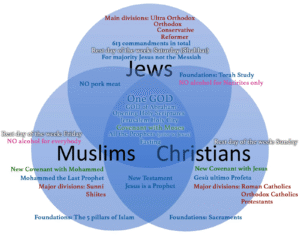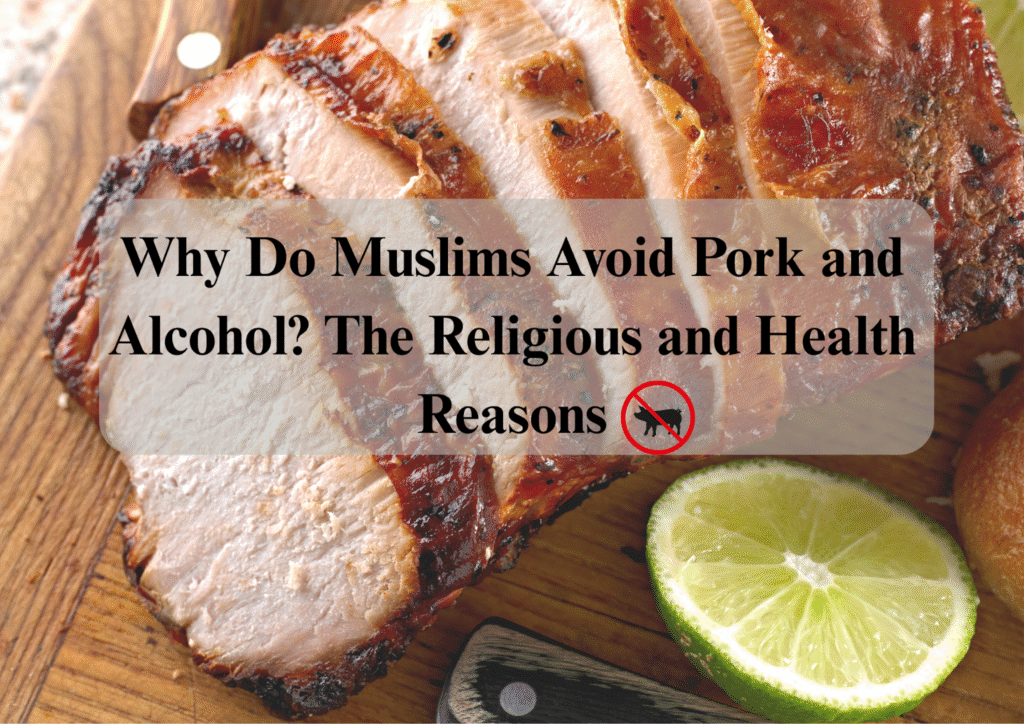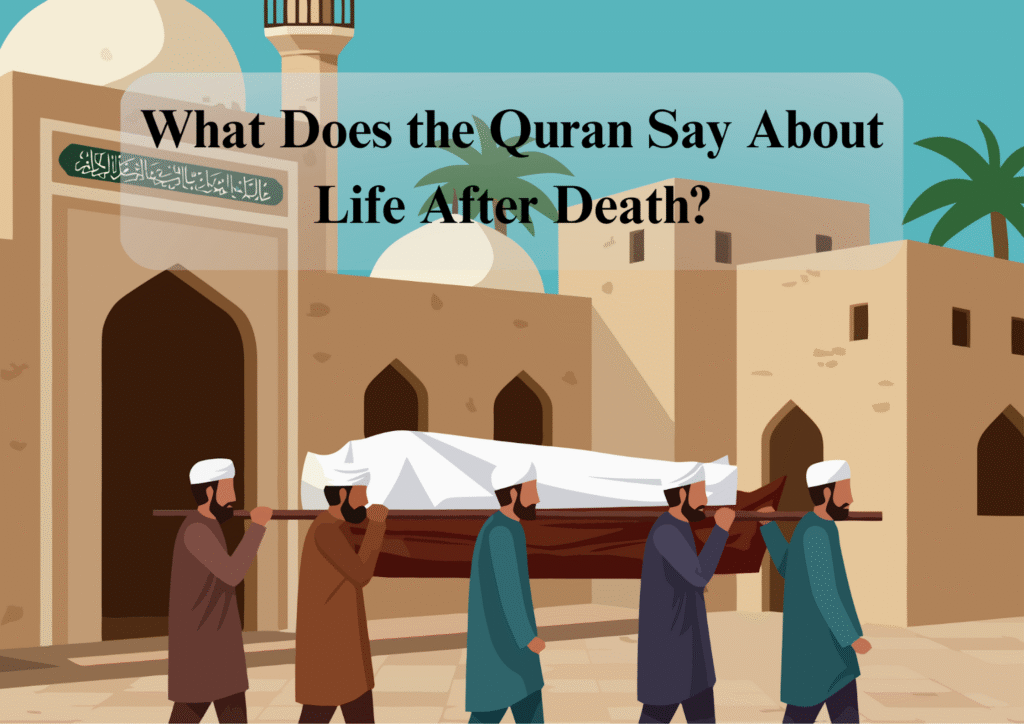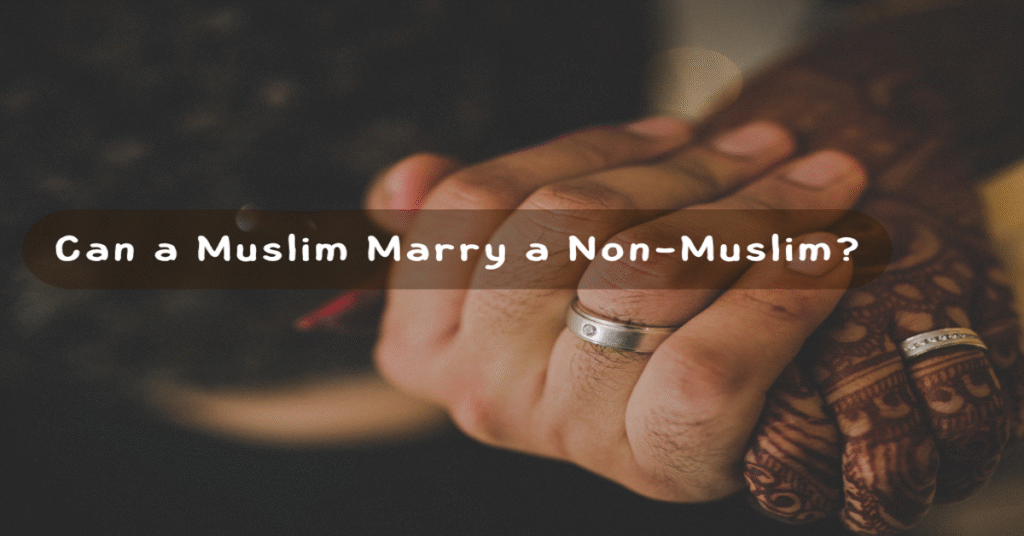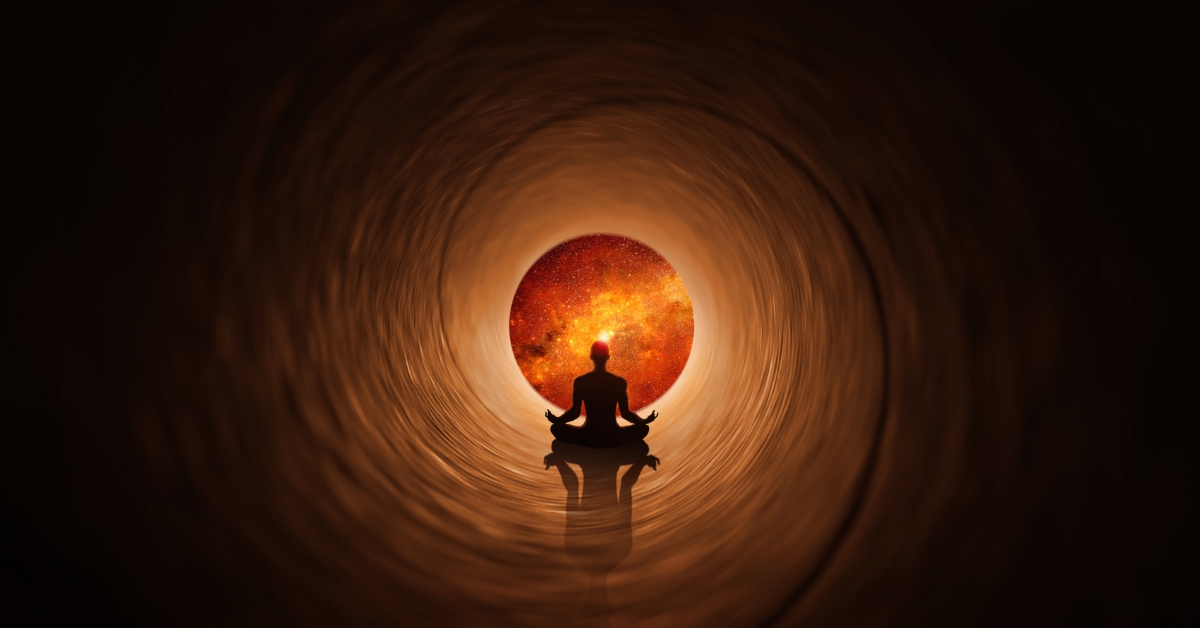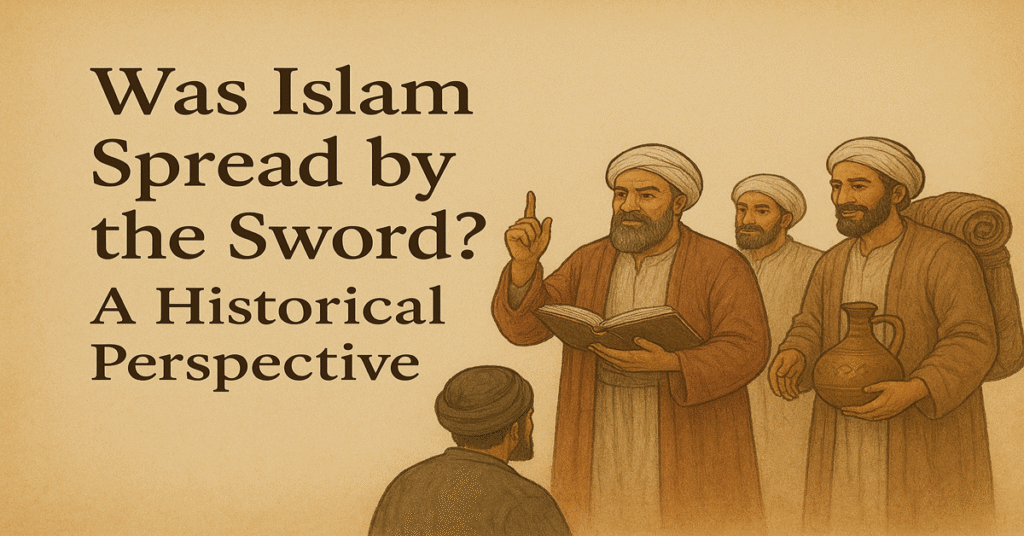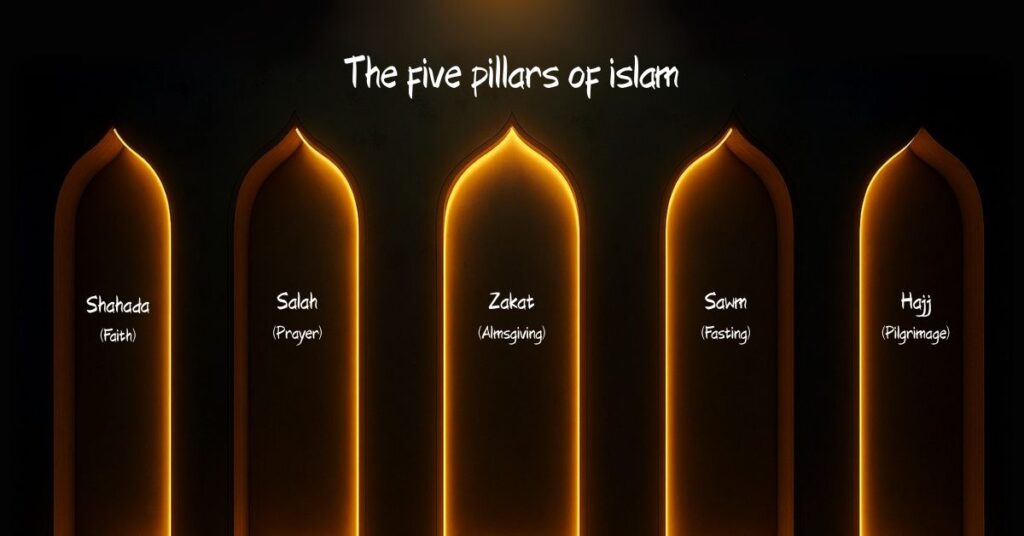Have you ever found yourself in a conversation where someone claimed that “Muslims worship a different God than Christians or Jews”? If you’re like most people, this statement probably left you scratching your head. After all, don’t these three major faiths all trace back to Abraham? The reality is that this common misconception usually stems from misunderstandings about language, scripture, and theology rather than Muslims, Christians, and Jews actually worshipping different deities.
Let me walk you through this fascinating topic, and by the end, you’ll have a clearer picture of where these faiths align and where they genuinely differ. We’ll explore what the Qur’an and ḥadīth teach, look at some eye-opening survey data, and examine how Allah vs God plays out in real interfaith conversations.
The Family Tree: Our Shared Roots in Abrahamic Religions
Here’s something beautiful that often gets overlooked—all these three religions trace their spiritual family tree back to the same patriarch. Whether you’re sitting in a mosque, church, or synagogue, you’re part of a tradition that proclaims belief in one supreme Creator.
The Qur’an actually extends an olive branch to Christians and Jews, inviting “People of the Book” to come together on the principle of worshiping one God without partners (Q 3:64). Similarly, when you read the Hebrew Bible’s Shema (Deuteronomy 6:4) or Jesus’s affirmation in Mark 12:29, you’re seeing the same one God belief that forms the foundation of all three traditions.
Think of it this way: we’re all branches of the same religion, grown in different directions over the centuries.
Venn diagram illustrating shared and unique beliefs about God
among Jews, Muslims, and Christians
Islam’s Crystal-Clear Position: God in Islam and the Doctrine of Tawḥīd
When Muslims talk about God in Islam, they’re referring to a concept called tawḥīd—the absolute, uncompromising oneness of Allah. This isn’t just about believing in one God; it’s about understanding that Allah is completely unique and has no partners, associates, or equals.
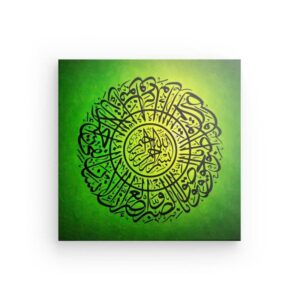
The beauty of this concept is captured perfectly in Surah 112 (Al-Ikhlāṣ), which Muslims consider the essence of monotheism in Islam: “Say, He is Allah, One…He neither begets nor is begotten.” It’s short, but it packs a theological punch.
A well-known ḥadīth reminds us that no act of worship is valid if you associate partners with Allah. From this Islamic perspective, any concept that suggests divine plurality—whether its incarnation, divine sonship, or seeking intercession through saints—goes against pure monotheism. These divine attributes Islam teaches are non-negotiable.
Key Qur’ānic Verses That Shape Islamic Understanding:
“Say, He is Allah, [who is] One. Allah, the Eternal Refuge. He neither begets nor is born, nor is there to Him any equivalent.”(Quran 112:1–4)
This shows the absolute oneness and self-sufficiency of Allah.
“They have certainly disbelieved who say, ‘Allah is the Messiah, the son of Mary’…” (Quran 5:72)
This doesn’t mean Muslims worship a different God, but rather that they perceive and define God’s nature differently.
“Your God and our God is One”(Quran 2:163 )
Addressing Jews and Christians
“O People of the Book! Let us come to common terms: that we will worship none but Allah, associate none with Him, nor take one another as lords instead of Allah.” But if they turn away, then say, “Bear witness that we have submitted ˹to Allah alone˺.”(Quran 3:64) –
The call to unite on common terms
What Prophet Muhammad ﷺ Taught Us:
The Prophet described ninety-nine beautiful names of Allah, each highlighting a different attribute like Mercy (Ar-Rahman) or Justice (Al-Adl). Yet all these names point to the same indivisible essence—there’s no contradiction or division in Allah’s nature.
Judaism’s Take: The Eternal Unity
Jewish theology maintains an unwavering commitment to God’s absolute unity (Deuteronomy 6:4). Unlike the detailed theological discussions you’ll find in Islam and Christianity debates, Jewish thought tends to focus more on the covenantal relationship and Torah observance than on metaphysical explanations of God’s nature.
The sacred name YHWH (HaShem) emphasizes God as eternal and self-existing. When comparing Jewish God vs Muslim God concepts, you’ll find remarkable similarities in the emphasis on divine unity, though Jews and Muslims might disagree about later revelations and prophetic traditions.
Several orthodox Jewish scholars believe that Prophet Mohammed (PBUH) is infact the messenger of Allah. They have a checklist of how many proofs do you need before you declare someone the prophet of the God, According to that our Prophet Mohammed (PBUH) meets all the criterias that make them believe that he is the messenger even today but they say he is just not for us but for everyone else, we have a different category.
Where We All Meet: Common Ground in Our Religious Beliefs About God
Despite the theological differences, there’s beautiful common ground in these Abrahamic religions God traditions:
- Creator and Sustainer – All three faiths see God as the originator and ongoing governor of the universe
- Moral Law-giver – Whether it’s the Ten Commandments, Islamic Sharī’ah, or Jewish Halakha, divine commandments shape ethical living
- Responsive to Prayer – God isn’t distant but actively involved in human affairs, hearing and responding to sincere supplication
Where Do We Respectfully Disagree?
Let’s lay out the key differences in a way that’s easy to understand:
|
Area of Difference |
Islam |
Christianity |
Judaism |
| Divine Nature | Absolute tawḥīd; no partners | Trinity: one essence, three persons | Absolute unity (Shema) |
| Jesus/ʿĪsā | Prophet & Messiah, not divine | Second person of Trinity, incarnate | Historical Jewish teacher, not messiah |
| Revelation | Quran final; previous scriptures seen as altered | Bible inspired, fulfilled in Christ | Tanakh authoritative; later writings (Talmud) interpret |
| Mediation | No original sin; direct repentance to Allah | Atonement through Christ’s cross | Repentance, prayer, ethical deeds |
What the Data Reveals About Modern Interfaith Perspectives
Here’s something that might surprise you: when researchers dig into what ordinary people believe, the picture gets more complicated. That 2022 survey revealed a significant shift in how Americans think about religious beliefs about God.
Many Muslims insist they worship exactly the same God as Christians and Jews—they just reject what they see as human additions like the Trinity. Meanwhile, increasing numbers of Christians are embracing more inclusive views, even as their official doctrines remain unchanged.
These evolving perspectives show how real people navigate theological differences in our increasingly connected world. It’s creating both opportunities for deeper understanding and new forms of confusion about what each faith actually teaches.
Building Bridges: How to Navigate the Allah vs God Conversation
If you find yourself in discussions about Allah vs God or Muslim God vs Christian God topics, here are some helpful approaches:
Start with common ground – Use that shared one God belief as your foundation, just as the Qur’ān suggests in verse 3:64.Say, O Prophet, “O People of the Book! Let us come to common terms: that we will worship none but Allah, associate none with Him, nor take one another as lords instead of Allah.” But if they turn away, then say, “Bear witness that we have submitted to Allah alone.”
Get your terms straight – Remember that “Allah” simply means “the God” in Arabic. Christian Arabs have been praying to Allah for centuries when they read their Arabic Bibles.
The Bottom Line
So, do Muslims, Christians, and Jews worship different gods? The answer depends on how you frame the question.
These three Abrahamic religions don’t divide heaven among competing deities—they’re describing the same ultimate reality in profoundly different ways. Whether you see Allah vs God as the same being understood differently or as fundamentally incompatible concepts often depends on which tradition’s self-definition you prioritize.
We know that Islam is a religion with its base on the strong belief that Allah is one and none is worth to be worshipped other than him, we cannot call ourselves Muslims without strong belief in Allah’s oneness. The Prophet Mohammed(PBUH) is also a creation of Allah yet his messenger and last prophet that he has sent to guide us, hence the Arabic verse “La ilaaha illallaahu, mohammadur rasoolullah” These two phrases put together make up the shahada which is the first pillar of Islam. It’s solely about monotheism and has no space for polytheism or atheism.
Learn About Islam – Get a Quran
Why do Muslims reject Jesus as the Son of God?
Because Islam believes God is beyond human attributes and Jesus was a prophet, not divine.
Is "Allah" an exclusively Islamic word?
Not at all! Arabic-speaking Christians have used "Allah" for centuries when translating "God" in their Bibles. It's simply the Arabic word for "the God."
How does Judaism view the Trinity?
Judaism firmly rejects Trinitarian theology, maintaining that God's unity is indivisible. Any division of God's essence is seen as incompatible with biblical monotheism and the Jewish God vs Muslim God understanding actually aligns more closely on this point.


